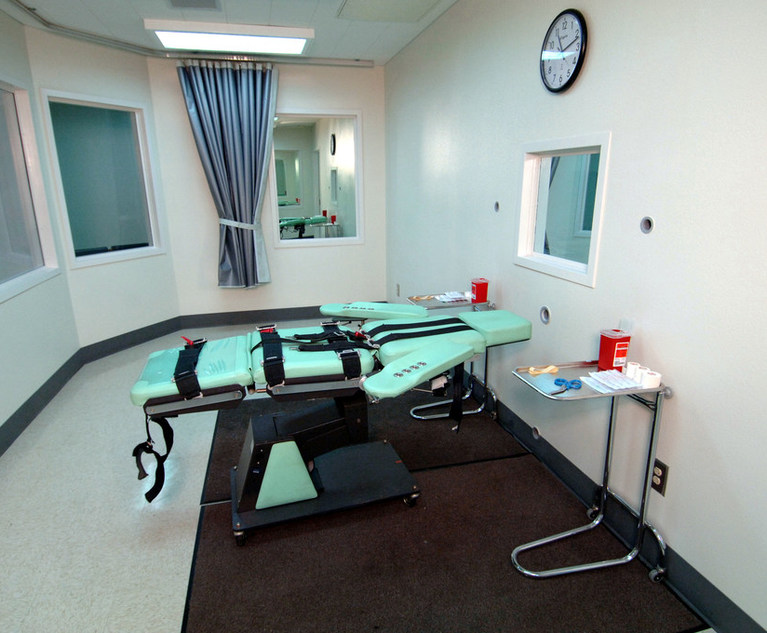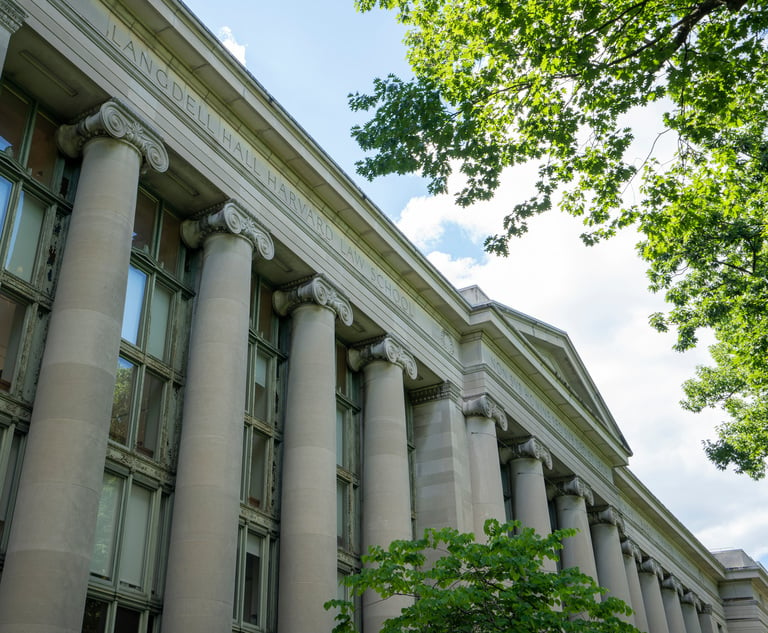Finality is the key factor for appeals as of right. That means final as to all issues and all parties, including all those in consolidated matters and fee applications. R. 2:2-3(a). But, sometimes, before the case reaches a final disposition, an order can be entered that irrevocably sets the matter on course to a particular end, effectively depriving a party of the right to a fair and just trial. For such cases, the motion for leave to appeal exists, granting leave “in extraordinary cases and in the interest of justice.” R. 2:2-3(b).
For example, in criminal matters, a suppression order may strip the State of the opportunity to present potent evidence of guilt. Because double jeopardy does not permit the State to get a second bite of the apple, there is no opportunity to correct a possible error on appeal following an acquittal. A similar order, denying a defendant’s request to present evidence, will generally not reach the same level of urgency because the defendant may appeal and, if successful, present the evidence at a re-trial.


 fotolia
fotolia




